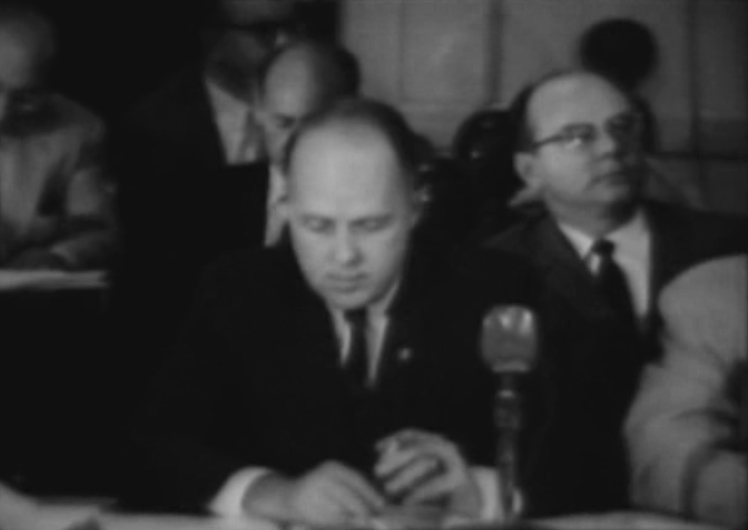|
Correa Moylan Walsh
Correa Moylan Walsh (September 23, 1862 – March 10, 1936) was an American author. He was an early expert in the field of index (economics), index numbers. Biography Correa Moylan Walsh was born in Newburgh, New York on September 23, 1862. He graduated from Harvard University in 1884. A polymath, he wrote on a wide range of topics: from mathematics, economics, and statistics, on the one hand (that of mathematics and the mathematical sciences) to theology, philosophy, political science, literature, and philosophy of history, on the other (that of the humanities and Social science, social sciences). He died in Manhattan on March 10, 1936. Books * ''iarchive:measurementofgen01wals/mode/2up, The Measurement of General Exchange-Value.'' (New York: The Macmillan Company; London: Macmillan & Co., 1901) * ''iarchive:fundamentalprobl00wals, The Fundamental Problem in Monetary Science.'' (New York: The Macmillan Company; London: Macmillan & Co., 1903) * Shakespeare's Complete Sonnets ... [...More Info...] [...Related Items...] OR: [Wikipedia] [Google] [Baidu] |
Newburgh, New York
Newburgh is a City (New York), city in Orange County, New York, United States. With a population of 28,856 as of the 2020 United States census, 2020 census, it is a principal city of the Kiryas Joel–Poughkeepsie–Newburgh metropolitan area. Located north of New York City, and south of Albany, New York, Albany on the Hudson River within the Hudson Valley, Hudson Valley Area, the city of Newburgh is located near Stewart International Airport, one of the primary airports for Downstate New York. The Newburgh area was first settled in the early 18th century by the German Americans, Germans and British Americans, British. During the American Revolution, Newburgh served as the headquarters of the Continental Army. Prior to its chartering in 1865, the city of Newburgh was part of the Newburgh (town), New York, town of Newburgh; the town now borders the city to the north and west. East of the city is the Hudson River; the city of Beacon, New York, Beacon is across the river and it i ... [...More Info...] [...Related Items...] OR: [Wikipedia] [Google] [Baidu] |
Philosophy Of History
Philosophy of history is the philosophy, philosophical study of history and its academic discipline, discipline. The term was coined by the French philosopher Voltaire. In contemporary philosophy a distinction has developed between the ''speculative'' philosophy of history and the ''critical'' philosophy of history, now referred to as ''analytic''. The split between these approaches may be approximately compared, by analogy and on the strength of regional and academic influences, to the schism in commitments between Analytic philosophy, analytic and continental philosophy wherein the analytic approach is pragmatic and the speculative approach attends more closely to a metaphysics (or anti-metaphysics) of determining forces like language or the phenomenology of perception at the level of background assumptions. At the level of practice, the analytic approach questions the meaning and purpose of the historical process whereas the speculative approach studies the foundations and im ... [...More Info...] [...Related Items...] OR: [Wikipedia] [Google] [Baidu] |
19th-century American Non-fiction Writers
The 19th century began on 1 January 1801 (represented by the Roman numerals MDCCCI), and ended on 31 December 1900 (MCM). It was the 9th century of the 2nd millennium. It was characterized by vast social upheaval. Slavery was abolished in much of Europe and the Americas. The First Industrial Revolution, though it began in the late 18th century, expanded beyond its British homeland for the first time during the 19th century, particularly remaking the economies and societies of the Low Countries, France, the Rhineland, Northern Italy, and the Northeastern United States. A few decades later, the Second Industrial Revolution led to ever more massive urbanization and much higher levels of productivity, profit, and prosperity, a pattern that continued into the 20th century. The Catholic Church, in response to the growing influence and power of modernism, secularism and materialism, formed the First Vatican Council in the late 19th century to deal with such problems and confirm ce ... [...More Info...] [...Related Items...] OR: [Wikipedia] [Google] [Baidu] |


